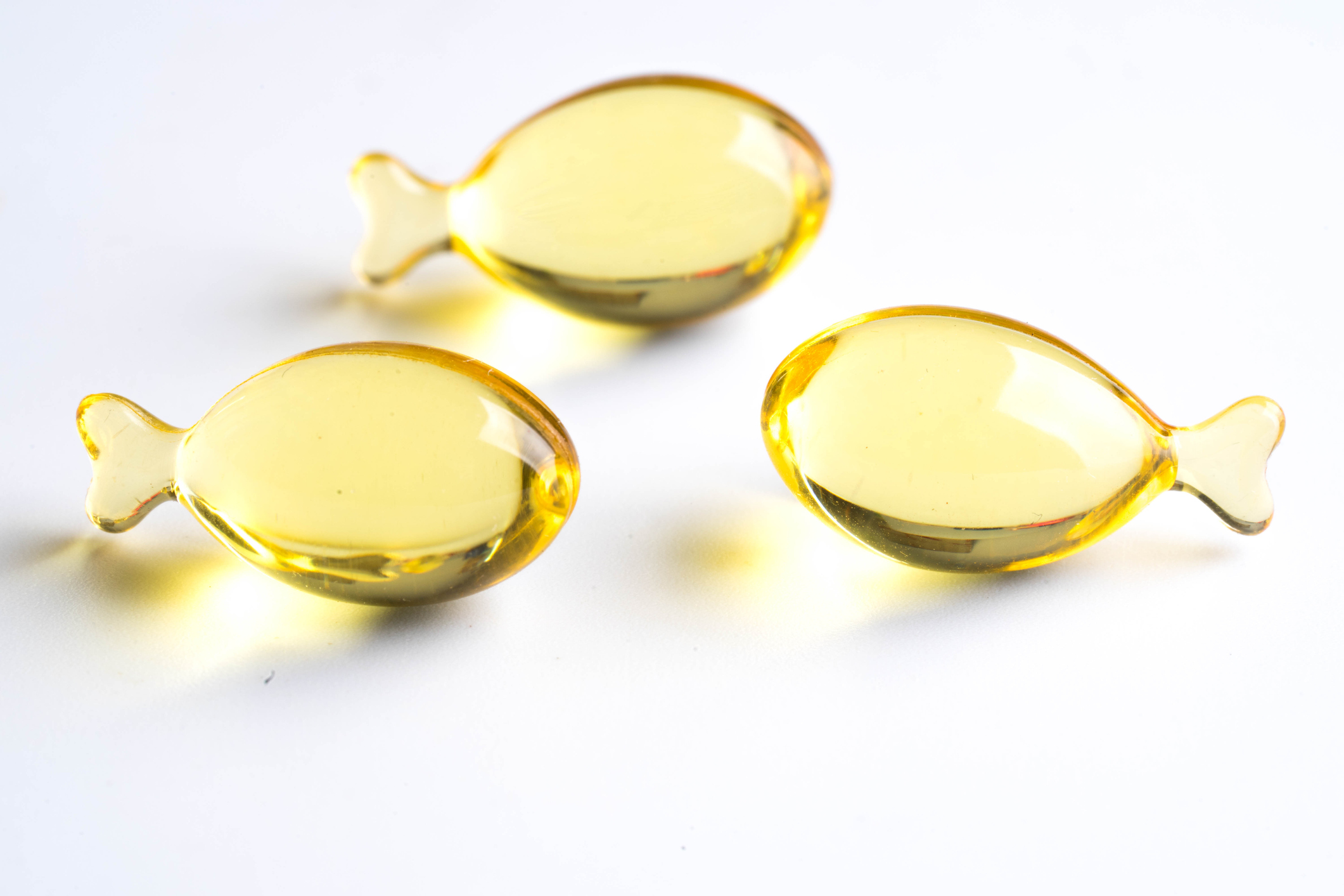Get Easy Health Digest™ in your inbox and don’t miss a thing when you subscribe today. Plus, get the free bonus report, Mother Nature’s Tips, Tricks and Remedies for Cholesterol, Blood Pressure & Blood Sugar as my way of saying welcome to the community!
For brain-saving omega-3 benefits, dosage matters

There’s a ton of research showing that omega-3s have the potential to stave off Alzheimer’s disease…
- A 2010 study found that the omega-3 fatty acid docosahexaenoic acid (DHA) improved memory and learning in people with age-related memory problems.
- A 2011 study from researchers at the Rhode Island Hospital’s Alzheimer’s Disease and Memory Disorders Center found that people who take fish oil supplements have better brain function and larger brain volume than people who didn’t take them.
- A 2014 study found that omega-3 fatty acids enhance your immune system’s ability to clear the brain of amyloid plaques, one of the hallmarks of Alzheimer’s disease. And another 2014 study that eating fish more often led to better communication between brain cells and more gray matter in areas that form memories and are responsible for high-level thinking.
And those are just a few examples. There are plenty more. Unfortunately, there are also plenty of studies where omega-3s don’t provide the brain benefits everyone had hoped. These discrepancies have left a lot of people to wonder whether omega-3s really work in the fight against Alzheimer’s.
Luckily, a new study may finally have the answer. It shows that omega-3s probably do protect your brain against Alzheimer’s… as long as you take a high enough dose.
Most omega-3s don’t make it to your brain
A new clinical trial from researchers at the University of Southern California shows that while the omega-3s you’re getting in supplements and food easily makes its way into your blood, it has a harder time getting to your brain.
In the study, researchers recruited 33 people who had risk factors for Alzheimer’s but weren’t experiencing any cognitive impairment yet. Their risk factors included a family history of the disease (some even had the Alzheimer’s gene APOE4, which triples your Alzheimer’s risk), a sedentary lifestyle and a diet low in fatty fish.
Half of these people received 2 grams of an omega-3 called docosahexaenoic acid (DHA) daily for six months. The other half received a placebo. At the end of the study, researchers took blood samples as well as cerebrospinal fluid samples to see whether the omega-3s reached the brain. Here’s what they found…
People who took omega-3 supplements had 200 percent more DHA in their blood than people who took placebos. But the DHA in their cerebrospinal fluid was only 28 percent higher. Why?
Only a small percentage of the omega-3s you take make it to your brain. And if you’re a carrier of the Alzheimer’s gene APOE4, even less makes it to the brain…
According to researchers, people who didn’t carry this gene experienced a three times greater increase of the omega-3 fatty acid EPA in their cerebrospinal fluid than people who carried the gene. Researchers suspect that that EPA is getting consumed at greater levels, getting lost along the way to the brain or not getting absorbed by the brain as efficiently in people who have this gene.
It’s also important to mention that the dose given to participants in this study — 2 grams — was much higher than what’s used in most clinical trials. They typically use 1 gram, max. That means those studies may not be giving people enough omega-3 to have an impact on omega-3 levels in the brain.
“If you use a lower dose, you can expect a less-than-10-percent increase in omega-3s in the brain, which may not be considered meaningful,” said senior author Dr. Hussein Yassine.
Get a brain-boosting dose of omega-3s in a single serving of fish
Here’s the good news…
If you eat a 3-ounce serving of mackerel, you get 2.5 to 2.6 grams of omega-3s.
If you eat a 3-ounce serving of lake trout, you get 2 grams.
If you eat a 3-ounce serving of wild-caught salmon, you get 1.8 grams.
That means, by simply eating a serving of fish, you’re most likely getting enough omega-3s to ensure at least some of it makes it to your brain. You can also turn to omega-3 supplements to make sure your brain is getting a healthy dose…
The FDA says that you can safely take up to 3 grams of omega-3 supplements containing EPA and DHA per day. The European Food Safety Authority (EFSA) says that you can take up to 5 grams. You’ll probably want to talk to a trusted health care professional to figure out the dosage that’s right for you. But be warned, taking too much can lead to blood thinning and excessive bleeding in some people. So, don’t go overboard… but don’t cheat yourself either.
Editor’s note: While you’re doing all the right things to protect your brain as you age, make sure you don’t make the mistake 38 million Americans do every day — by taking a drug that robs them of an essential brain nutrient! Click here to discover the truth about the Cholesterol Super-Brain!
Sources:
- Supplements with potential to prevent Alzheimer’s affect blood, but less so the brain — MedicalXpress.
- Brain delivery of supplemental docosahexaenoic acid (DHA): A randomized placebo-controlled clinical trial — EBioMedicine.
- How Much Omega-3 Should You Take per Day? — Healthline.
- Omega-3 Fatty Acids — Cleveland Clinic.













